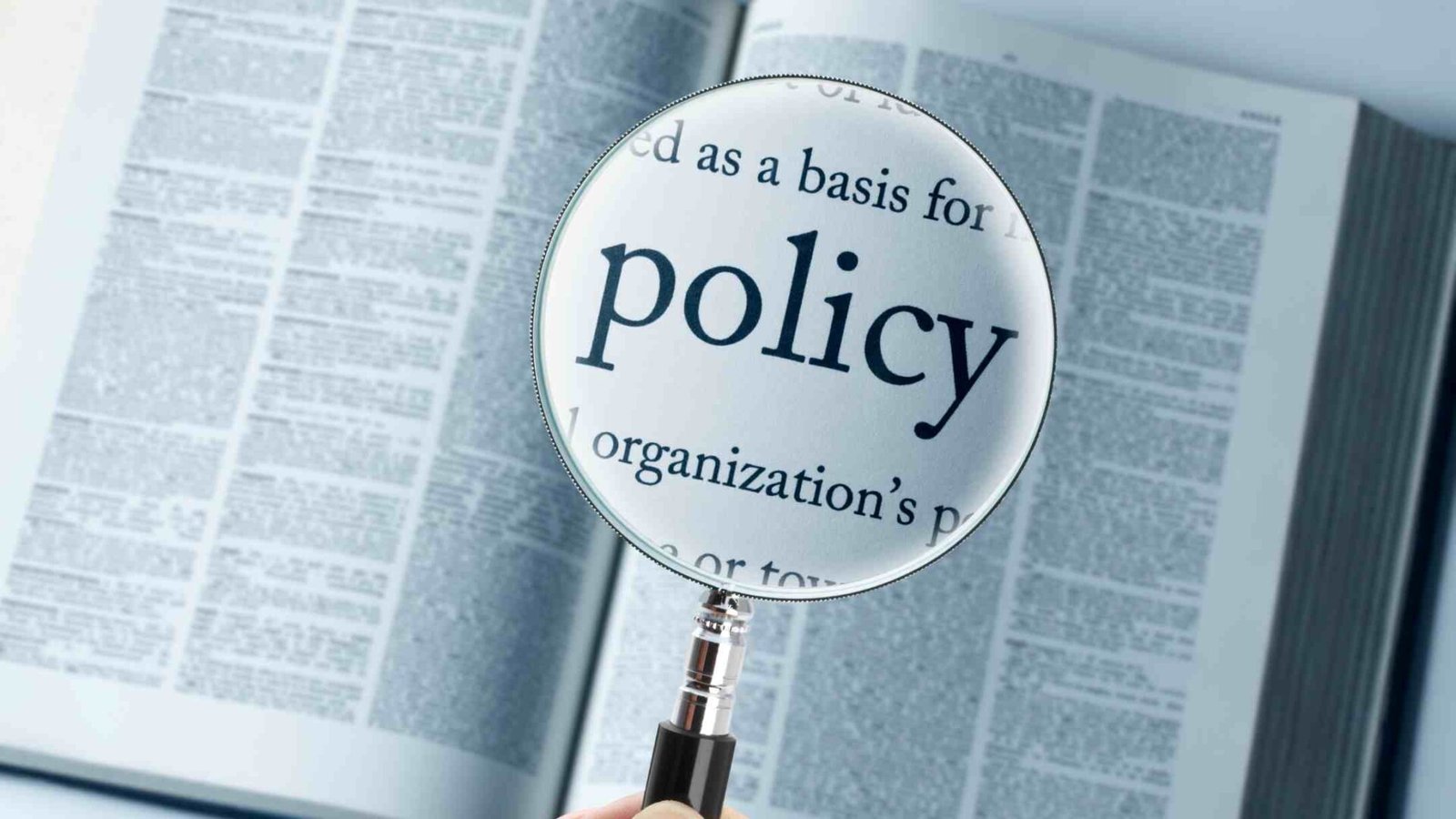The United Arab Emirates (UAE) stands at the forefront of economic dynamism in the Middle East, propelled by the robust UAE’s economic policies that drive growth and sustainability. From its inception, the UAE has strategically crafted economic frameworks to harness its resources and position itself as a global economic powerhouse. Key Factors Shaping the UAE’s Robust Economy Strategic Location: The UAE’s geographical position at the crossroads of Europe, Asia, and Africa has been pivotal to its economic success. It serves as a global hub for trade, logistics, and connectivity. Major ports like Jebel Ali (one of the world’s largest container ports) and airports like Dubai International facilitate international commerce. Financial Reserves and Sovereign Wealth Fund: The UAE has substantial financial reserves, which act as a buffer during economic downturns or external shocks. The Abu Dhabi Investment Authority (ADIA), one of the largest sovereign wealth funds globally, invests in various asset classes, including equities, real estate, and infrastructure. Investor-Friendly Environment: The UAE offers a business-friendly ecosystem with minimal bureaucracy, tax incentives, and free zones. Free zones (such as Dubai’s Jebel Ali Free Zone and Abu Dhabi’s Masdar
Topics
- Artificial Intelligence
- companies
- Construct 360
- E-Commerce industry
- Economy News
- Economy News
- Editor Choice
- Edtech industry
- energy industry
- Entertainment & Leisure
- Entrepreneurs
- Featured
- Fintech
- Funding News
- General News
- Government Policies
- Growth & Strategy
- Health & Wellness
- Healthtech
- industry
- Information & Communication Technology
- Lifestyle
- Management
- Management and Leadership
- Marketing & Branding
- Merger and Acquisition
- Money & Personal Finance
- News
- Oil and Gas
- Real Estate
- Sports and Productivity
- Start-up
- Technology
- Top 10 Listing Article
- Travel
- Women
More
Popular Categories




